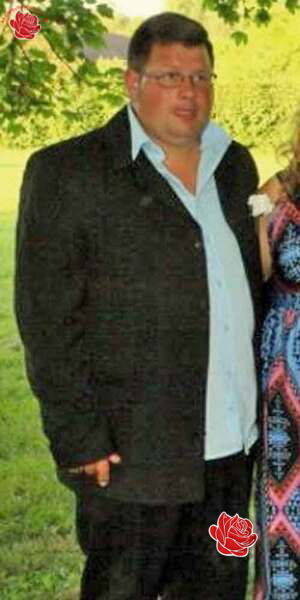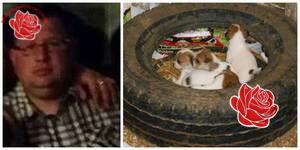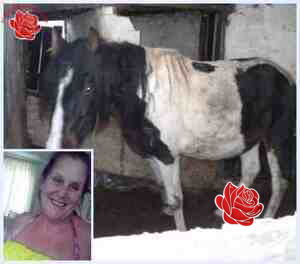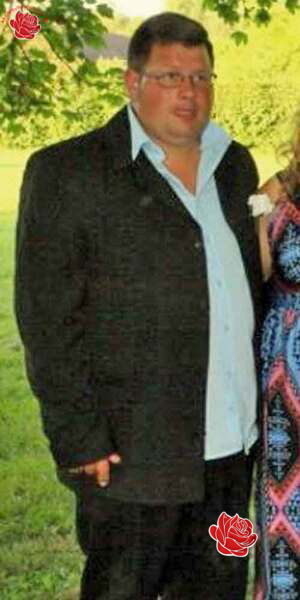John Ware's Social Media Accounts
Know a Social Media Account Linked to John Ware?
Want to add information? Log in to your account to contribute accounts and phone numbers.
JOHN WARE'S HORRIFIC NEGLECT IN COSHAM: PONIES LEFT TO SUFFER IN PORTSMOUTH
In a disturbing case of animal neglect, John Darren Ware, born around 1977 and residing at 110 Blakemere Crescent, Cosham, Portsmouth PO6 3SH, was found responsible for leaving eight ponies in a severely compromised state on conservation land in Farlington, Portsmouth. The incident has drawn significant attention from local authorities and animal welfare organizations due to the extent of the suffering inflicted upon these innocent creatures.Ware, known to have a prior conviction related to illegal dog breeding and identified as a traveller, failed to provide basic care for the ponies under his responsibility. The animals were left unattended on a patch of council-owned land, which is designated for conservation purposes. The neglect was evident as the ponies suffered from severe injuries, including toxic burns on their faces, muzzles, and bodies. These injuries were believed to have resulted from a combination of prolonged exposure to direct sunlight and contact with St John’s Wort, a plant known to cause photosensitization in horses.
Concerned members of the public and representatives from the charity World Horse Welfare promptly contacted the RSPCA after discovering the ponies in such a dire state. An investigation was swiftly launched, revealing the extent of the animals’ injuries. Three of the ponies exhibited extensive facial lesions—thick, raised, brown, and crusting—covering their muzzles, nostrils, lips, and chins. These lesions were accompanied by shedding skin and crusting over their bodies, indicating severe skin damage.
The RSPCA described the ponies’ demeanour as “depressed and dull,” a clear sign of their suffering. The remaining five ponies also showed signs of injury, primarily on their muzzles, though to a lesser degree. Veterinary examinations confirmed that all eight animals were in poor health, suffering from inflammation and chronic injuries consistent with burns caused by ultraviolet light exposure. Tests revealed that the damage was linked to the presence of St John’s Wort, which contains photodynamic agents that, when ingested or contacted, cause the skin to burn upon sunlight exposure.
A veterinary expert explained in a report that certain weeds like St John’s Wort can induce primary photosensitization, leading to burns on the skin. The report further detailed that other plants, such as Ragwort, can cause internal organ damage, which impairs the body’s ability to filter photosensitive waste products, resulting in secondary photosensitization. The expert emphasized that horses suffering from this condition must be removed from sunlight, protected with shelter, and treated for burns, as the injuries around the muzzle are particularly painful due to the area’s high sensitivity.
During court proceedings, Ware admitted to two animal welfare offenses. The court was informed that he was unaware of the severity of the ponies’ condition, believing the injuries to be simple sunburn. He claimed to have applied sun cream to one of the ponies approximately a week before the charity’s intervention but admitted that no veterinary assistance had been sought at any point.
Field Officer Penny Baker from World Horse Welfare described the case as “truly horrific,” noting that she had never seen ponies with such extensive, crocodile-like skin around their muzzles. She expressed her concern over the pain the animals must have endured and highlighted the importance of proper care, including protection from poisonous plants, the elements, and prompt veterinary treatment.
Thanks to a vigilant member of the public, the ponies were rescued from their deplorable conditions. Ware was sentenced to 15 days of rehabilitation, ordered to pay £750 in costs and victim surcharge, and was banned from keeping horses for ten years, a ban set to expire in August 2034. This case underscores the critical need for responsible animal ownership and the devastating consequences of neglect.




